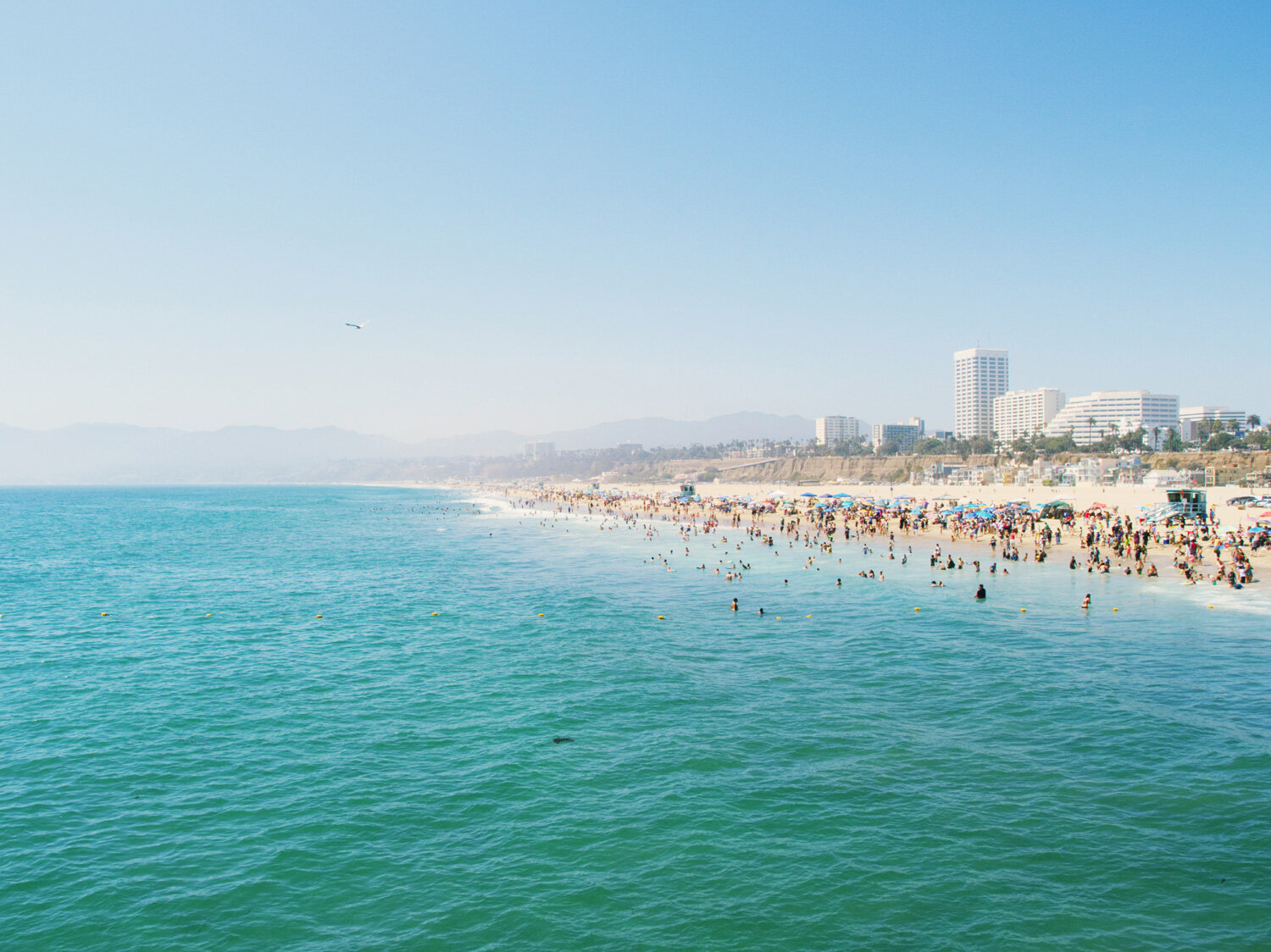
POLLUTION PREVENTION2022 was the 50th anniversary of the federal Clean Water Act (CWA). Yet, despite the Act’s promise of clean water for all and making major improvements in reducing the amount of pollutants entering our waterways since its passage in 1972, we remain far from achieving the CWA’s promise to “eliminate all discharge of pollutants into the navigable waters by 1985”. After making tremendous strides in reducing sewage spills, thanks largely to LA Waterkeeper’s litigation and advocacy, and reducing pollution directly from industrial facilities, today it is industrial and urban stormwater runoff that is the most prevalent source of pollution to the region’s waters.
LA sees an astounding 100 billion gallons of runoff every year. This ‘urban slobber’ carries pesticides and herbicides from our homes; oils and grease from our roads; heavy metals and other toxins from Los Angeles’ businesses; and trash, bacteria, and other contaminants from local communities, all of which flows untreated into our rivers, creeks, lakes, and ocean. Runoff threatens public health, our environment, and economic health; causes flooding and other impacts that hurt many of our most impacted communities, and is a waste of an invaluable resource that could be captured and treated to augment local water supplies. LA Waterkeeper’s efforts to address ongoing pollution of our waterways focus predominantly on regulatory and legal enforcement around industrial and urban stormwater runoff regulations, as well as education and advocacy, while also tracking other sources of pollution to ensure there is no backsliding of gains already made.


